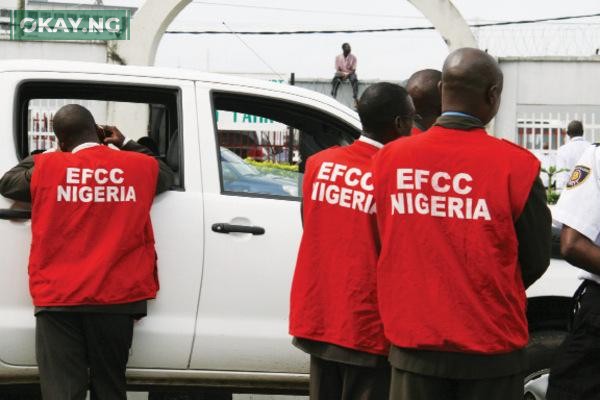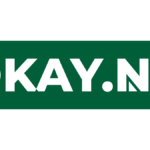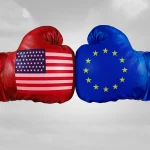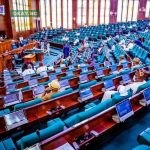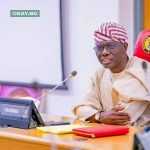The Economic and Financial Crimes Commission (EFCC) has clarified that it did not impose a ban on foreign missions from transacting in dollars, contrary to recent media reports.
Okay.ng reports that the commission made this clarification while addressing the issue on Channels TV’s Politics Today program on Monday.
Wilson Uwajuren, the spokesperson of the EFCC, explained that the commission had issued an advisory to the Ministry of Foreign Affairs regarding the practice of third-party agents invoicing for consular services in dollars on behalf of foreign missions in Nigeria.
Uwajuren emphasized that the EFCC’s advisory was based on its observation of transactions involving third-party agents, who were determining the exchange rate of the naira for such transactions, which contravenes the legal tender laws of Nigeria.
He clarified, “I think I will first have to make a little bit of clarification if you look at the media, I think throughout last week, a number of them reported about the commission banning foreign missions from transacting in dollars i think that was not the intendment of the communication by the commission what the EFCC has done is simply to issue an advisory to the federal ministry of foreign affairs to foreign missions operating in Nigeria.
“And that advisory is based essentially on the commission’s observation regarding transactions, especially consular service transactions by third party agents operating on behalf of the foreign missions that we have in the country, we felt concerned that some of these third-party agents were invoicing for consular services in the dollar which to us is against the laws that we have in this country because if you recall the CBN act section 20 sub-section one of that act states that the naira is the only legal tender in Nigeria which presupposes that that is the only currency that is acceptable for transactions anywhere across the country.
“But we found a situation where third-party agents working for missions circumvented that regulation by invoicing in dollars, beyond that, a number of them also went to the extreme of determining the exchange value of the naira, that for us was worrisome and so we had to bring the development to the knowledge of the foreign affairs ministry because we believe that that is the organ of government that has the responsibility, that knows the protocol, that has the channel of communication to bring this observation.”


